Understanding the 24 Volt Inverter
The 24 volt inverter is a pivotal component in the conversion of DC (Direct Current) to AC (Alternating Current), catering to a myriad of applications where standard grid power is unavailable. These inverters are crucial for systems that operate on 24V batteries, such as solar power setups and vehicles, ensuring that the energy stored in the battery can be effectively utilized by standard AC appliances.
Types and Applications
Inverters come in various forms, including the 24v pure sine wave power inverter and modified sine wave models. The pure sine wave inverters are essential for running sensitive electronic equipment that requires a clean and stable AC supply, mirroring that of household electricity. On the other hand, modified sine wave inverters are more cost-effective and suitable for less sensitive devices. Applications of these inverters span from 24v solar inverter systems to powering appliances in recreational vehicles.
Features and Materials
A 24 volt inverter is designed with various features to ensure safety and efficiency. They often include thermal shutdown, over-voltage protection, and low voltage alarm to safeguard against electrical issues. The construction of these inverters uses durable materials capable of withstanding harsh environments, which is particularly important for 24 volt car inverter models used in automotive applications.
Advantages of 24 Volt Inverters
The advantages of using a 24v power inverter include the ability to run AC devices from a DC power source, increased system efficiency, and the convenience of portable power. For larger power needs, a 24v inverter 3000w can deliver substantial energy for heavy-duty applications. Moreover, the integration of a 24v inverter charger allows for seamless charging and power conversion in one unit, which is particularly beneficial in solar power setups.
Conversion and Compatibility
For systems that require a voltage transformation, devices like a 12v to 24 volt converter or a 24 volt dc to 12 volt dc converter are available. These converters are essential for compatibility between different components in a power system, ensuring that all devices can function correctly regardless of their voltage requirements.
Choosing the Right Inverter
Selecting the appropriate inverter involves considering the power requirements of the devices to be used. For instance, a power inverter 24v to 220v is suitable for regions with a 220V AC standard, while a 24v solar inverter is specifically designed to work with solar panels. It is crucial to assess the power output, wave type, and additional features to find the inverter that best fits the intended application.









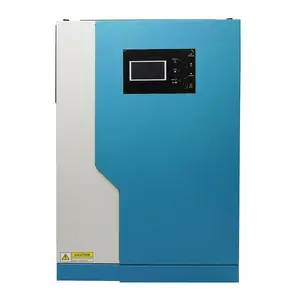
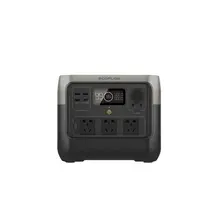
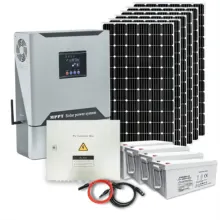
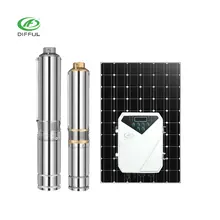





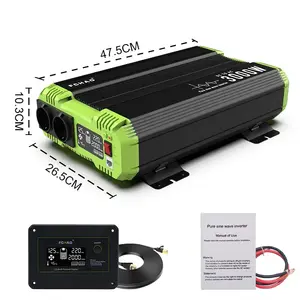
















 浙公网安备 33010002000092号
浙公网安备 33010002000092号 浙B2-20120091-4
浙B2-20120091-4